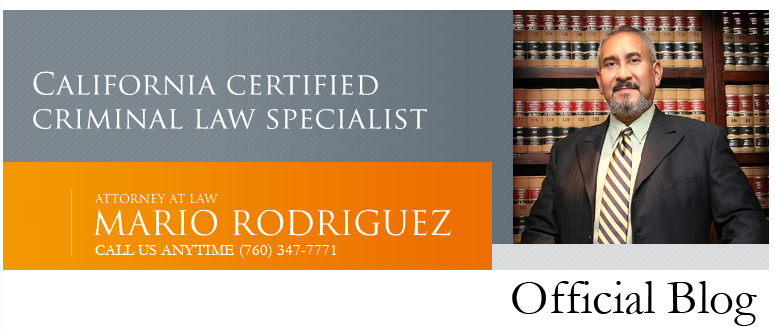In a major setback for Arizona and Gov. Jan Brewer, the 9th Circuit Court of Appeals recently concluded there was sufficient evidence to believe that provisions of SB 1070 are an unconstitutional infringement on the exclusive power of the federal government to regulate immigration. The Ninth Circuit upheld a lower court's block of much of Arizona's controversial SB 1070 law aimed at illegal immigration.
The judges agreed with U.S. District Court Judge Susan Bolton, who issued a preliminary injunction in July preventing sections of SB 1070 from being enforced. The three-judge panel ruled that the lower court "did not abuse its discretion" in blocking parts of the law from taking effect last year.
The court specifically rejected Arizona’s argument that it could make it a state crime for an undocumented worker to seek employment in Arizona. The judges noted that Congress, in approving federal regulations, chose not to make looking for work a criminal act.
The court found that the relevant provisions of S.B. 1070 facially conflict with Congressional intent. The decision rejected Arizona's contention that it could enact a state law against undocumented workers seeking employment, citing Congress' affirmative choice not to criminalize work as a method of discouraging unauthorized immigrant employment. By imposing mandatory obligations on state and local officers, the court held that Arizona interferes with the federal government's authority to implement its priorities and strategies in law enforcement, turning Arizona officers into state-directed DHS agents. The opinion stressed that the question was not, as Arizona claimed, whether state and local law enforcement officials can apply the statute in a constitutional way. The court found that there can be no constitutional application of a statute that, on its face, conflicts with Congressional intent and therefore is preempted by the Supremacy Clause.
The court also upheld Bolton's injunction against Arizona law enforcement arresting suspected illegal immigrants without warrants based on a belief that they could be subject to civil removal from the United States.
The decision, a victory for the Obama administration and immigration activists who filed suit to block the law, means the SB 1070 case will likely find its way to the Supreme Court.
